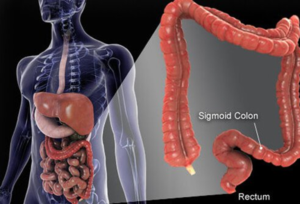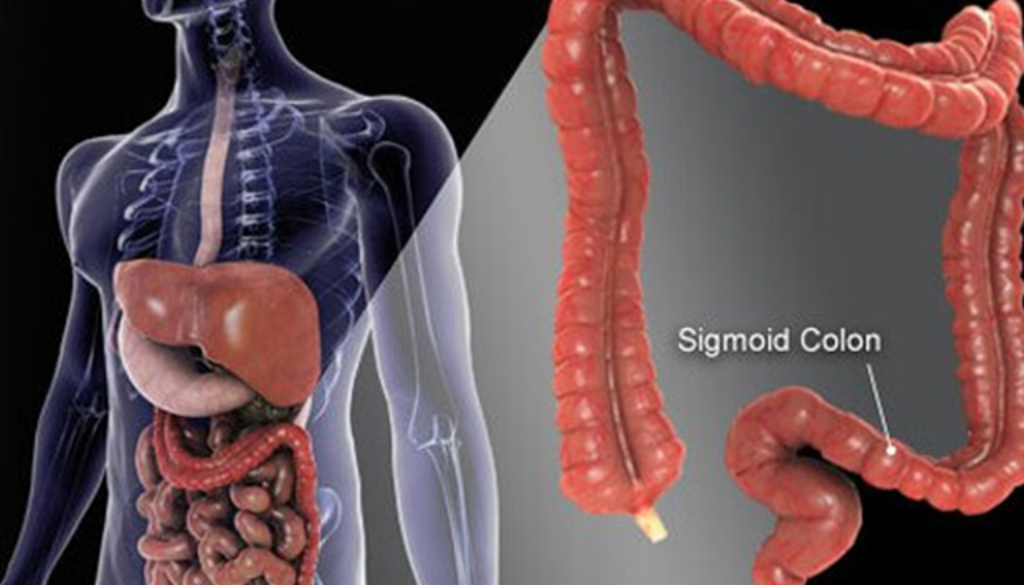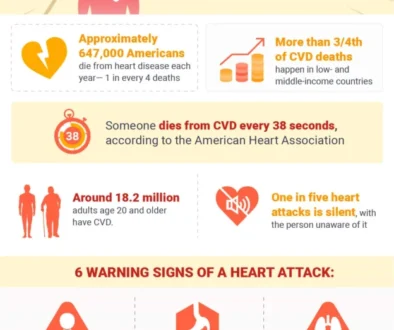Eating For A Healthy Colon
By Aparna Mele, MD
 March is National Colorectal Cancer Awareness Month. Colorectal cancer is the third leading cause of cancer in both men and women in the United States with an estimated 140,000 cases a year. Colorectal cancer is significantly higher among minorities, and African Americans have higher mortality rates and higher incidence rates of colorectal cancer than all other racial or ethnic groups, except American Indians and Alaska Natives. Colorectal cancer is also the second most commonly diagnosed cancer among Latinos, and fewer than 40 percent of American Indian and Native Hawaiian adults have ever been screened for colorectal cancer. According to the National Cancer Institute, the number of new colorectal cancer cases and the number of deaths from colorectal cancer are decreasing a little bit each year in adults aged 55 years and older. But in adults younger than 55 years, there has been a small increase in the number of new cases and deaths from colorectal cancer in recent years.
March is National Colorectal Cancer Awareness Month. Colorectal cancer is the third leading cause of cancer in both men and women in the United States with an estimated 140,000 cases a year. Colorectal cancer is significantly higher among minorities, and African Americans have higher mortality rates and higher incidence rates of colorectal cancer than all other racial or ethnic groups, except American Indians and Alaska Natives. Colorectal cancer is also the second most commonly diagnosed cancer among Latinos, and fewer than 40 percent of American Indian and Native Hawaiian adults have ever been screened for colorectal cancer. According to the National Cancer Institute, the number of new colorectal cancer cases and the number of deaths from colorectal cancer are decreasing a little bit each year in adults aged 55 years and older. But in adults younger than 55 years, there has been a small increase in the number of new cases and deaths from colorectal cancer in recent years.
The good news is that colorectal can be both curable and preventable if it is detected early. Colorectal cancer can be prevented by removing colorectal polyps before they grow and change into cancers. Getting regular screening tests for colon cancer, particularly through colonoscopy, is the single best way to protect yourself from the disease. It can catch cancer early, when it’s most treatable, and help prevent the disease by finding abnormal growths called polyps that can turn into cancer. COLORECTAL CANCER SCREENING SAVES LIVES.
Furthermore, proper nutrition and diet are important in helping to prevent colorectal cancer. In the fight against this disease, nutritional guidelines include eating less saturated fat and getting more nutrients from the food you eat rather than from supplements.
A typical American diet is low in nutrient-density with larger portions of processed meats and refined grains. In contrast, fiber-rich foods, like fruits and veggies, whole grains, nuts and seeds, are more nutrient-dense and better dietary choices for colon health. The fiber keeps your bowel habits regulated and controls the amount of bacteria in your colon. The nutrients in those foods also may be beneficial in preventing digestive diseases as well as other chronic diseases, such as diabetes, and help you manage your weight too.
Dietary fat from red and processed meats may be contributors to the colorectal cancer-causing process. High fat consumption increases the bile acids which are released into the digestive tract to help break down fats. When they get into the colon, the large amount of bile acids may be converted to secondary bile acids, which could promote tumor growth, especially of the cells that line the colon.
Other substances being studied to see where they fit in the fight against colorectal and other cancers are antioxidants. Antioxidants work by bolstering the body’s defenses against potentially dangerous substances called free radicals. Free radicals are one of the by-products of oxygen use by every cell in our body. These substances damage the body’s cells through oxidation, which has been shown to contribute to heart disease, cataracts, aging, and infections. The body’s cells have a natural defense strategy against free radicals and are able to repair the damage caused by them. Eating a diet rich in antioxidants can be protective, and studies have shown that antioxidants are best taken as foods as opposed to supplements. Some examples of antioxidants are carotene, beta-carotene, and lutein. Foods that are good sources of antioxidants include fruits, vegetables, and certain types of tea.
Folic acid is known to be essential in forming new cells and tissues as well as keeping red blood cells healthy. The most common sources of folic acid are citrus fruits and dark green leafy vegetables, especially. While there seems to be some potential benefit in consuming foods with folic acid as part of a regular healthy diet, studies do not show any anti-cancer benefit from taking folic acid supplements. In fact, some studies suggest that taking folic acid supplements may slightly increase the risk of cancer.
Recent studies have suggested that calcium and vitamin D may not only strengthen bones, but may also help fight off colon cancer. Good sources of calcium include: milk, cheese, yogurt, salmon, sardines, and dark-green leafy vegetables such as kale, mustard, and collard greens. Sources of vitamin D include salmon, sardines, fortified cow’s milk, egg yolks, and chicken livers — and don’t forget the sun. Twenty minutes of sun before 10 a.m. and after 3 p.m. is an excellent source of vitamin D.
Fiber has been regarded to be a powerful weapon against cancer. Though there is conflicting research as to whether or not fiber has directly protective effects against colorectal cancer, there is evidence that fiber intake improves gut and overall health. Good sources of fiber include: whole-grain cereals and breads, prunes, berries, kidney beans and other legumes, fresh fruits and vegetables, and brown rice.
Recently discovered to be helpful in the fight against cancer, phytochemicals are non-nutrient substances such a flavonoids, polyphenols, and terpenes which are found in a variety of plant foods including tomatoes, citrus fruits, berries, peppers, carrots, broccoli, cabbage, and soy beans.
Eating a varied diet full of fruits, vegetables, whole grains, and beans can go a long way towards maintaining colon health and warding off cancer. Additionally, avoid consuming excess red and processed meat, which studies have found can negatively impact the colon. Be physically active and introduce regular exercise to your daily routine to achieve and maintain a healthy weight. Finally, get screened on time to detect early lesions that can turn into colorectal cancer. These straightforward dietary and lifestyle changes can help you live a healthy life and lower your risk of a deadly and very preventable cancer.
REFERENCES:
American Cancer Society. Can Colorectal Cancer be Prevented?
CDC.gov. Colorectal (Colon) Cancer: What Are the Risk Factors?
FDA. FDA approves first non-invasive DNA screening test for colorectal cancer.
UpToDate. Patient information: Colon and rectal cancer screening (Beyond the Basics).



